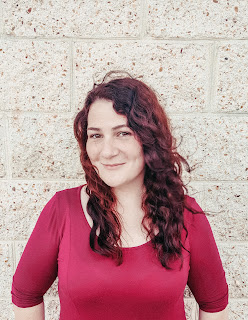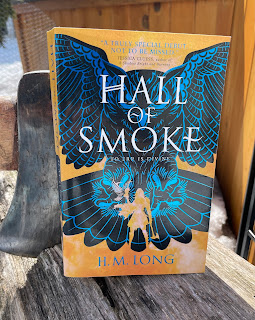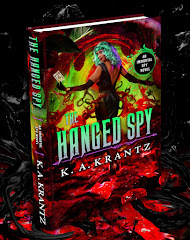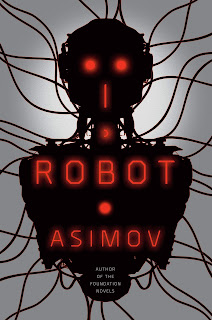I wanted to see if there was a villain who couldn't be redeemed. My mind turned immediately to Heathcliff from Wuthering Heights (even if, looking back, I wonder just how much racism there was embedded there). AI came up with a perfectly rational, logical list (that I have edited for brevity as much as possible):
Heathcliff is seen as a cruel, manipulative, and vengeful character who causes great harm to those around him. However, here's one possible redemption arc:
1. Acknowledge the harm he has caused: For Heathcliff to begin his redemption arc, he must acknowledge the harm he has caused to others. He must confront the fact that his actions have hurt the people he claims to love. He must take responsibility for his actions.
2. Seek forgiveness: Heathcliff must seek forgiveness from those he has hurt. This could be a difficult process for Heathcliff, as he has always been a proud and stubborn character. (Author insert - any concern about some of those people being *dead*?)
3. Make amends: After seeking forgiveness, Heathcliff must make amends for his actions. This could involve doing something to help those he has hurt, such as restoring Wuthering Heights to its former glory. Making amends will show Heathcliff is committed to change and that he is willing to take action to make things right. (Uhm. I feel like we're brushing off a dead heroine here.Are we seriously talking about buying off her life with an estate restoration? Cool. I feel like's a whole new Kate Bush song.)
4. Find inner peace: Throughout Wuthering Heights, Heathcliff is portrayed as a tormented and unhappy character. To complete his redemption arc, he must find inner peace and come to terms with his past. He must find a way to move past his pain and find happiness in his own life.
5. Act selflessly: Finally, Heathcliff must act selflessly and put the needs of others before his own. He must stop seeking revenge and focus on helping those around him. By doing so, he will demonstrate that he has changed and he is committed to living a better life.
My problem with this enumerated list is that it's so tidy. The road to redemption rarely has a map as facile as AI would like us to believe. It would be up to us as writers to put Heathcliff in such dire, horrifying straits that he'd have no choice but to face up to the monster he'd become. And given that Catherine is a freaking GHOST (speaking of causing harm to loved ones) how's he supposed to seek forgiveness from her? In my head, this redemption arc is skewing straight into horror territory and the only possible ending for my theoretical 'redemption' arc is for him to accept that there's only one way to atone for causing someone's death - he has to join Catherine. They'll haunt the moors together, forever. (Yes, I get she died post-child birth, mad with fever and in her longing for Heathcliff went out wandering the moors and died. Still his fault and unless he owns that in the "Face the Music" portion of his redemption arc, then redemption never happens.
Someone as self-absorbed as Heathcliff doesn't simply wake up one day deciding to a saint. They're forced - shoved, squashed, extruded through horrifying-to-them circumstances into restitching the fabric of themselves. And for a monster, the fastest way I know is to do to them what they've done to others. That's some major psychological horror, right there.
Completely different story and a sharp contrast, I know, but think of the movie,
Pitch Black. Riddick is presented as a villain. The tagline of the movie is "Fight Evil with Evil." The survivors figure out pretty quickly that their boogeyman, Riddick, is their only hope of survival as something much older and much hungrier wakes. As the story unfolds, if there's one thing those of us watching learn, it's that each survivor must atone for things they've done before they can escape - if they're going to escape. One of the surviving pilots jettisoned pods before the crash, trying desperately to save herself. In doing so, she was killing passengers. In the course of the story, she's driven to change to the point that she's willing to sacrifice her life to save others. That's redemption, even if it doesn't save her life. The best line in the film is when she does sacrifice her life for Riddick's only to have him yell, "Not for me! Not for me." Yeah, look. The movie has been out for so long that if you haven't already seen it, you probably weren't going to anyway.
The moral of my very long story: Redemption doesn't mean HEA. Not necessarily. It just means putting the villain in so much extremity that they have no choice but to change stripes. Then and only then can the story decide what price is required of them. If asking forgiveness is one of the steps on the road to redemption and everyone you'd ask forgiveness is dead because of you - well. Live or die, the future is probably a little dimmed by the weight of those people haunting your villain.












